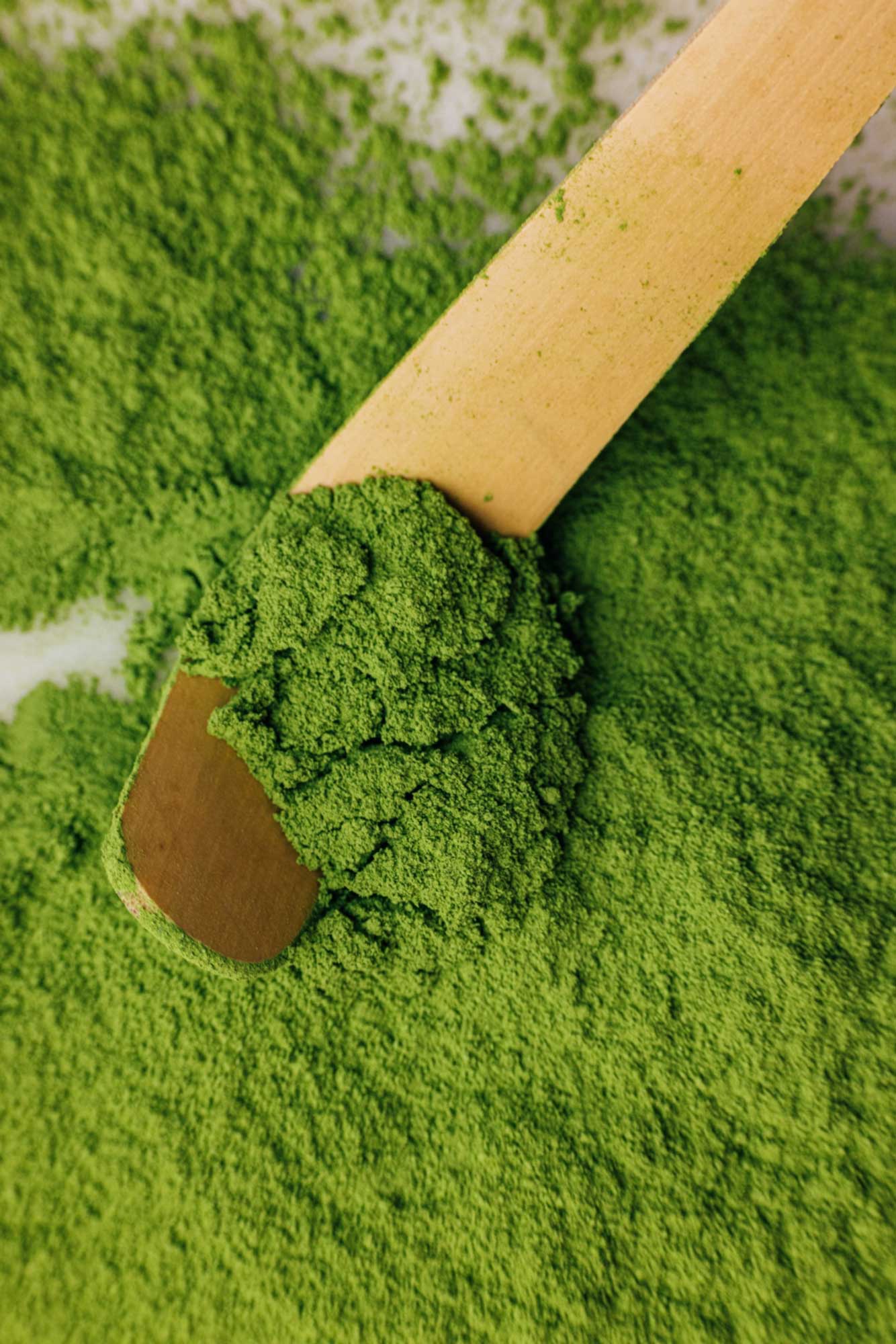
Matcha and its contaminants
What is really in the green tea powder?
Matcha is a high-quality green tea powder from Japan that has gained increasing popularity in recent years. Whether as a superfood or a healthy coffee alternative – Matcha is known for its high nutrient content and its antioxidant effects. But what about contaminants in Matcha? Are heavy metals, pesticides, or radioactivity a problem? Here you will learn what to watch out for and how our Matcha performed in lab tests.
Why pollutants in Matcha are a topic
Since Matcha consists of whole, finely ground tea leaves, you consume all the components of the tea directly – both the beneficial nutrients and potential contaminants. Several factors play a role in production that could lead to contamination.
This can lead to stress:

Why organic matcha is so important
If you want to be on the safe side, it is absolutely important to choose organic matcha. Organic-certified matcha products are subject to strict controls and significantly reduce the risk of pesticide residues and other harmful substances. Only in this way can you enjoy the pure quality of the green tea powder without worries.
What can you do to avoid contaminated Matcha?
To ensure that your Matcha is free of contaminants and safe for consumption, you should pay attention to the following criteria:

Origin
Matcha from certified cultivation areas with regular inspections is particularly trustworthy.
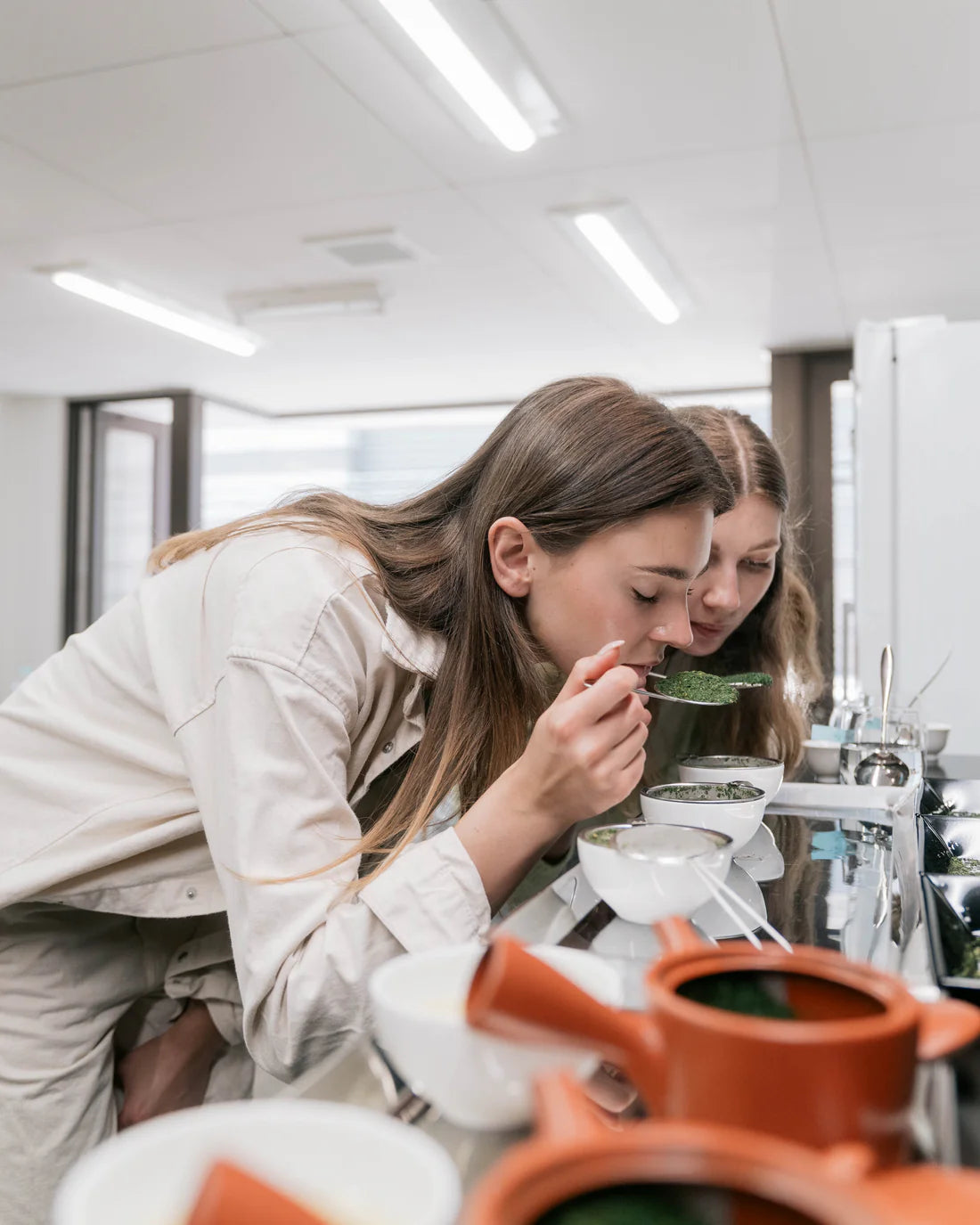
Organic certification
Bio-Matcha is more strictly controlled and reduces the risk of pesticide residues.
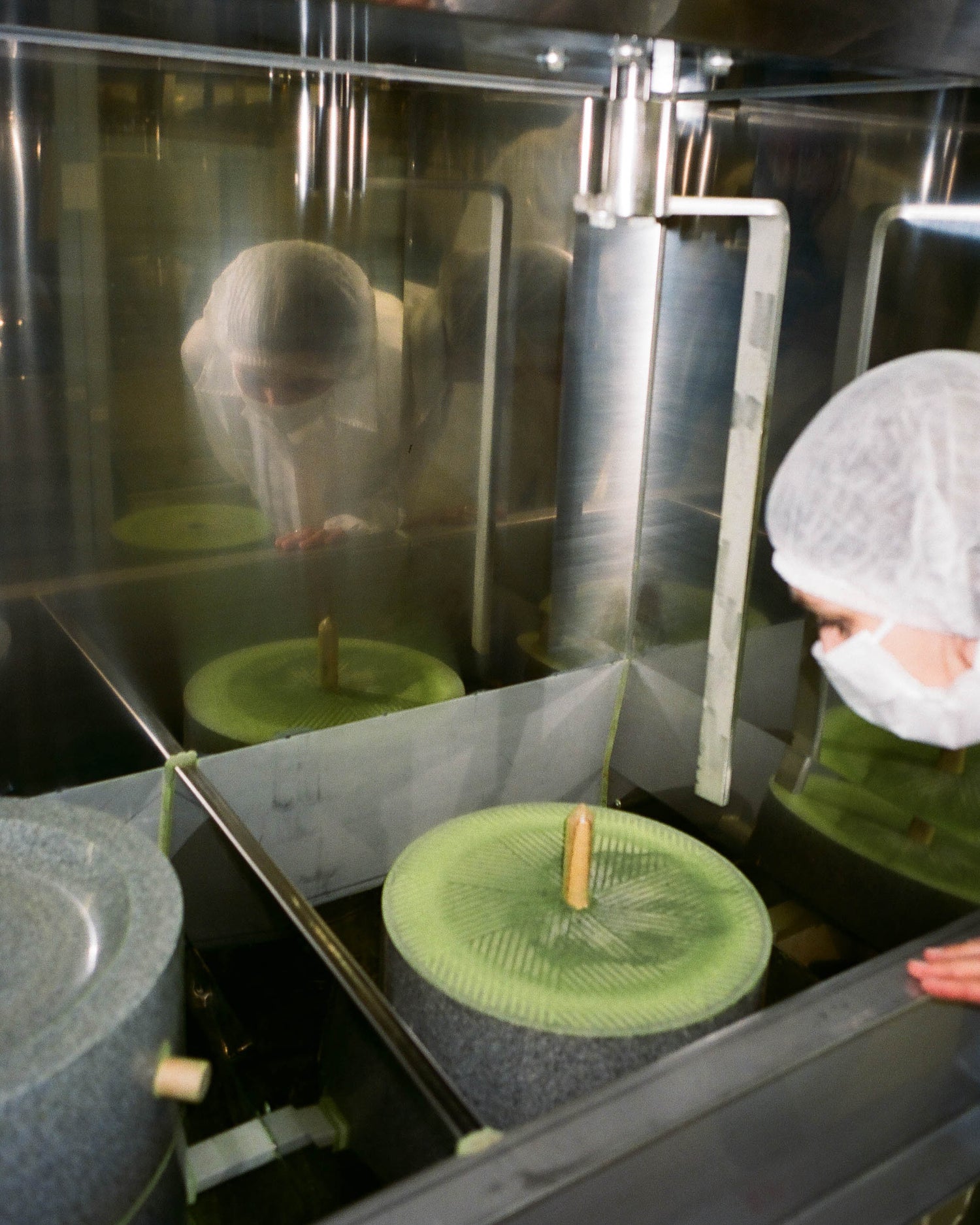
The laboratory analysis
Manufacturers who conduct independent laboratory tests offer maximum transparency.
Our lab test result: Tested Matcha without concerns
Quality and transparency are our top priorities
Therefore, our Matcha was carefully tested for possible contaminants in independent, accredited laboratories. Here are the results in detail:
On behalf of the company HEALTH BAR GmbH, the Matcha tea (internal sample number mlsa10018) was analyzed by accredited laboratories for heavy metals (lead, cadmium, arsenic, aluminum, mercury), pesticides (screening of approx. 650 compounds), and radioactivity. It can be confirmed that the present product complies with the currently valid legal limits or recommended values for the mentioned parameters. The present sample can be classified as marketable within the scope of the analyses performed.
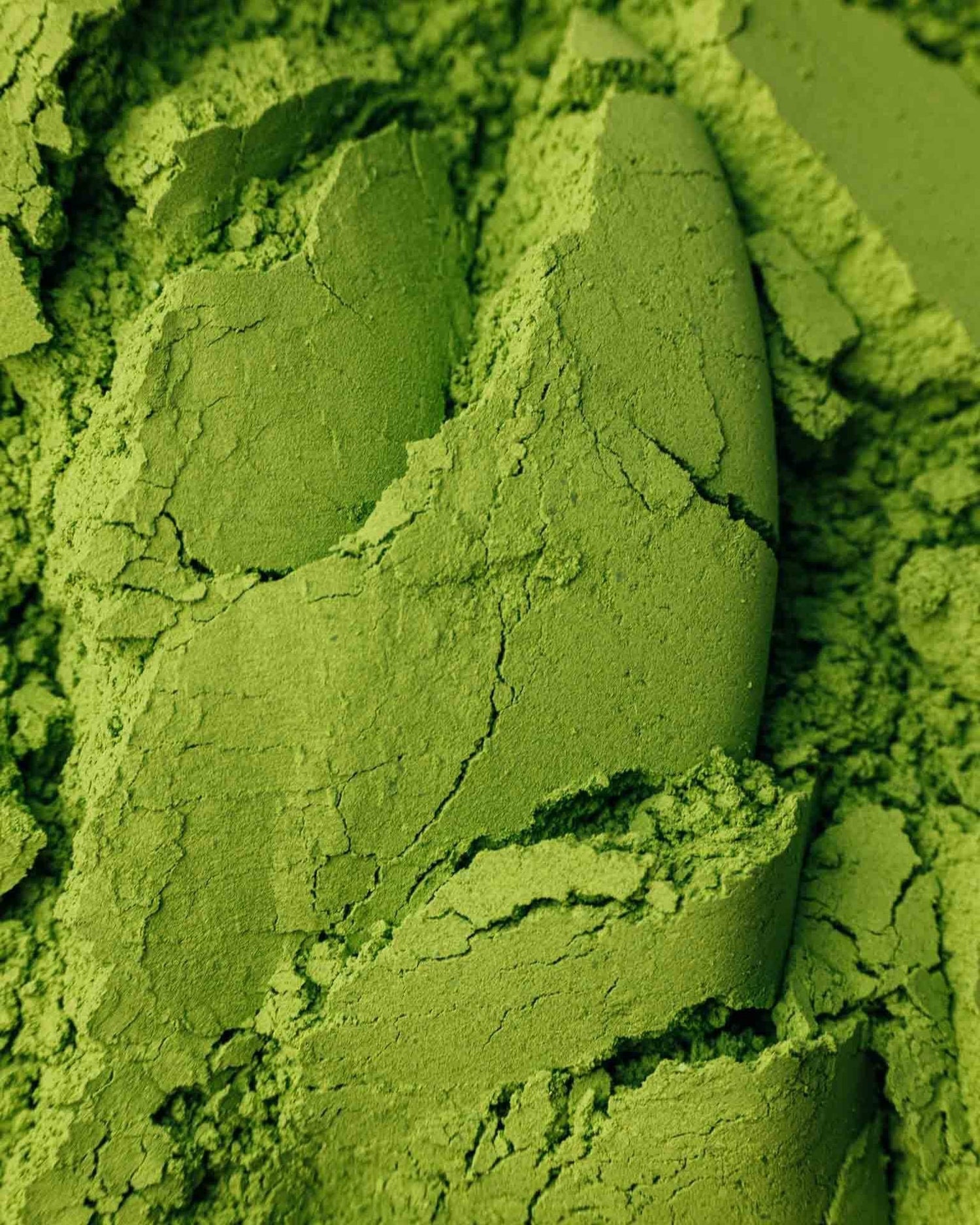
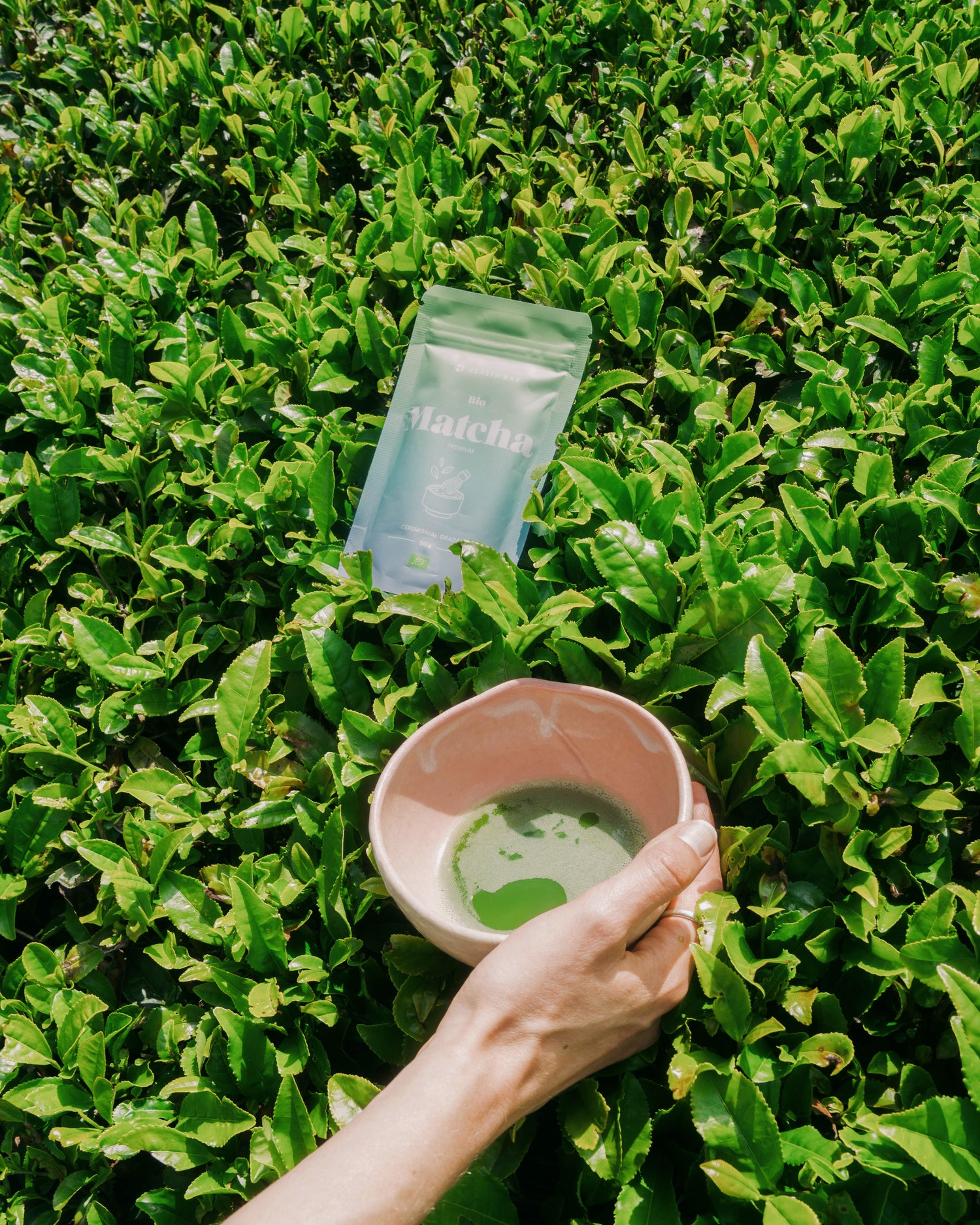
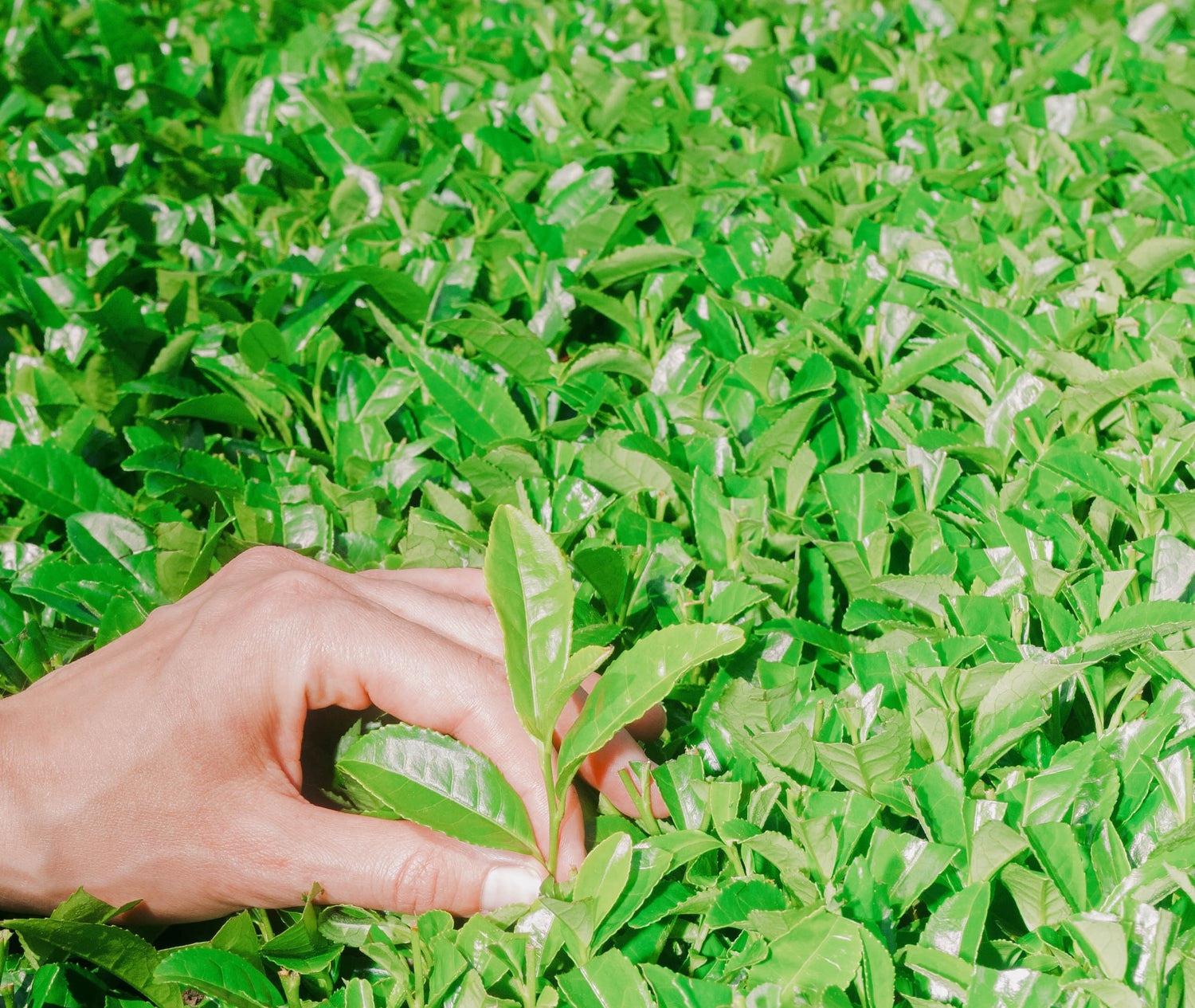
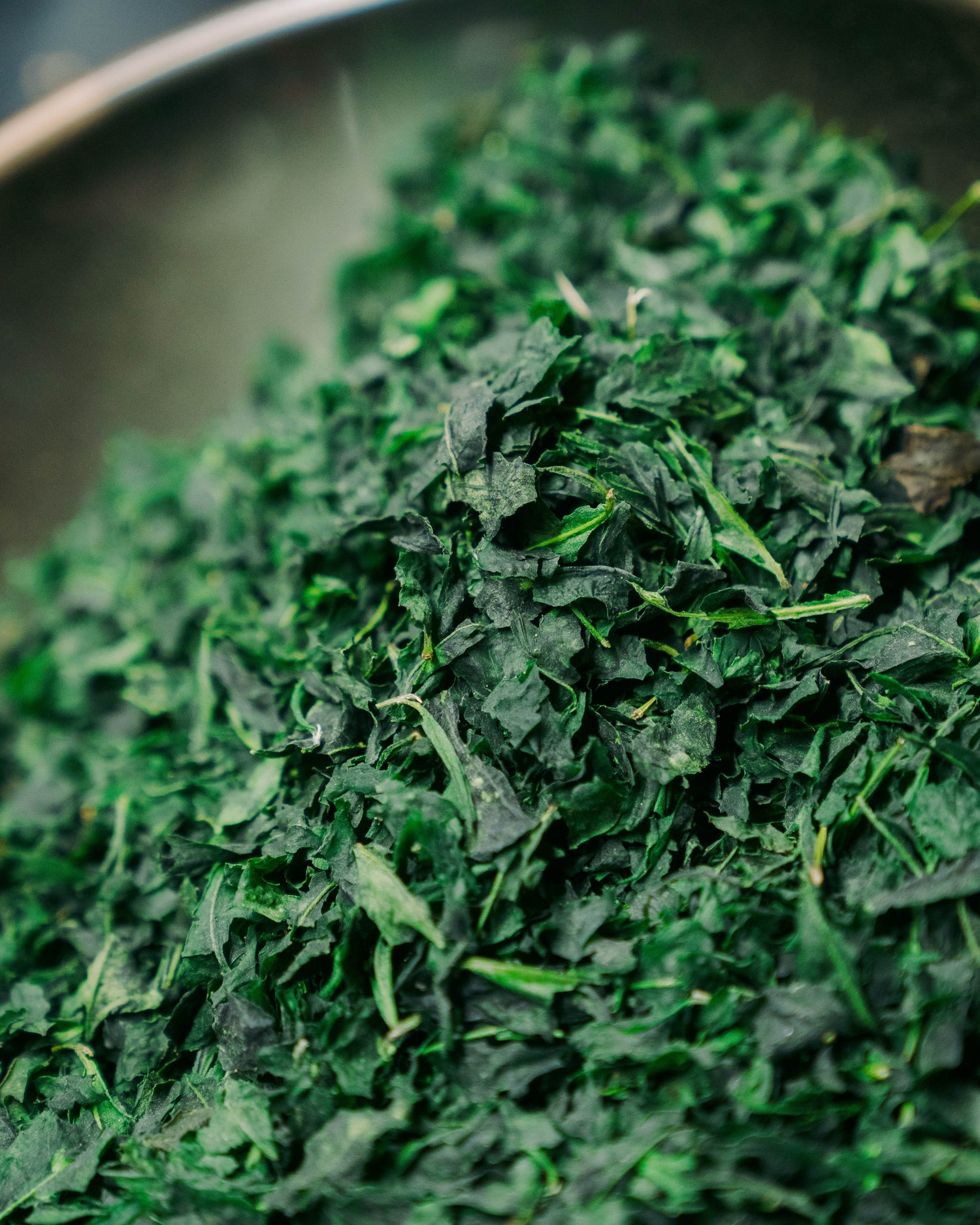
Conclusion: Safe Matcha enjoyment with HEALTH BAR Matcha
Our Matcha has been extensively tested and meets all legal requirements and safety standards. This means you can enjoy our product without worries – full of flavor and free from harmful substances. Whether for the tea ceremony, as an energy boost, or to enhance smoothies and desserts: Our Matcha offers you the best quality combined with complete safety.
More information
-

Best Matcha: not just good, but wow
Best Matcha: How to find the real enjoyment Matcha is much more than just a green trend – it is enjoyment, ritual, and a source of energy all at once....
-
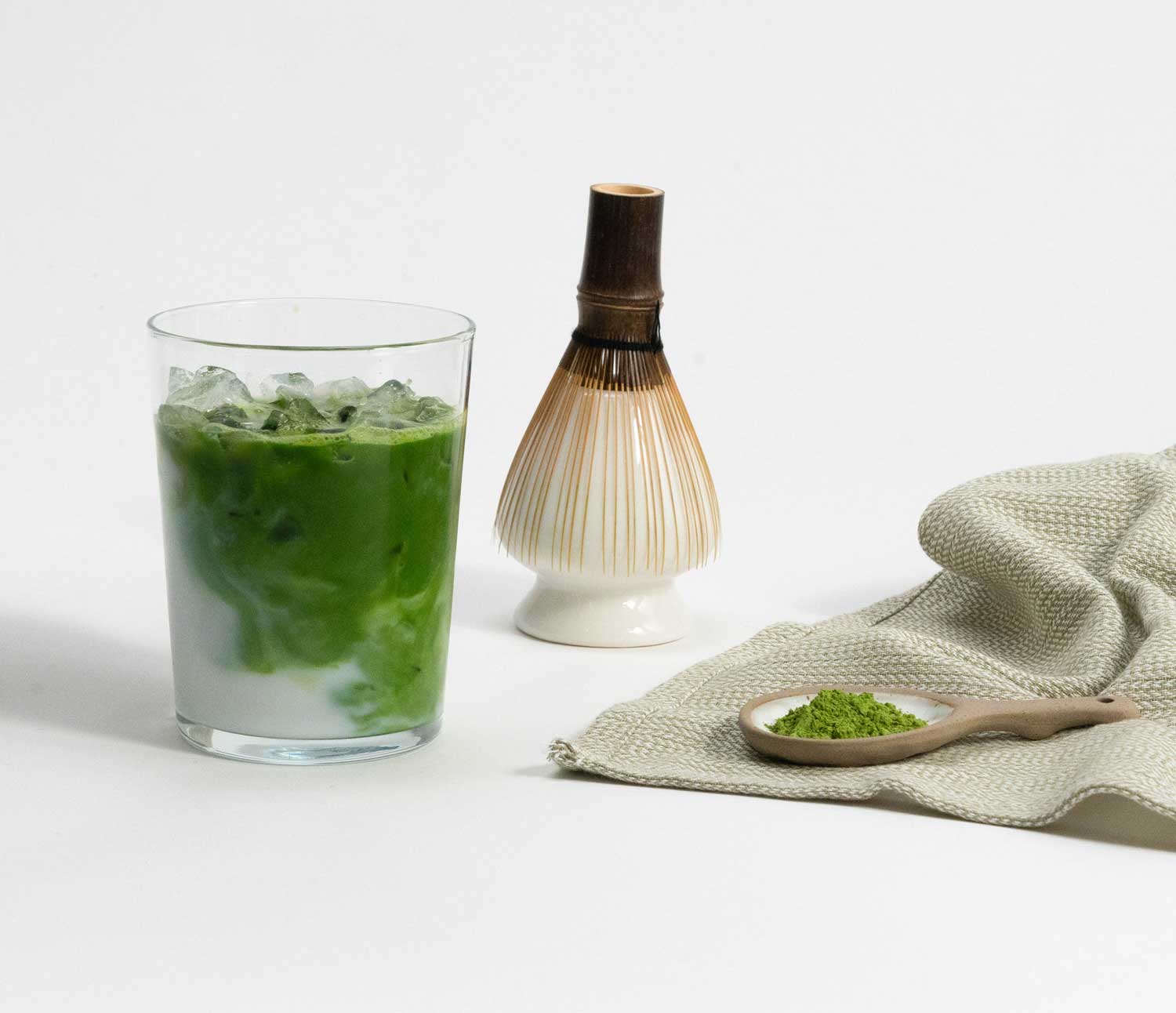
Your Matcha Start: What do you need as a beginner?
Our Matcha Beginner's Guide provides you with all the essentials and practical tips for the perfect start into the world of high-quality organic Matcha. Learn which products are truly important...
-

Do you need a sieve for Matcha?
Why you can do without a sieve with our organic matcha and why quality is the key to a clump-free preparation.




